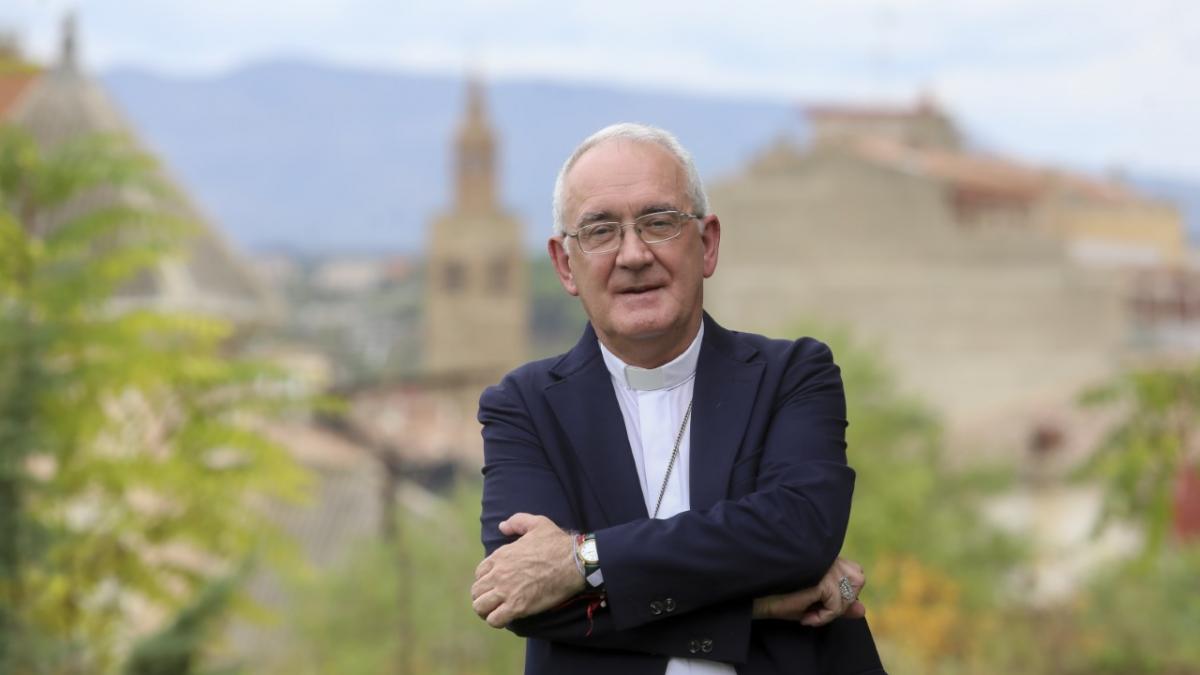Bornumer Annekatrin Els was in Uganda for seven years. Now she gives insights into the life and culture of East Africa.
Bornum / Uganda l Annekatrin Els started as a volunteer in an orphanage in Uganda, later worked for a safari company, was one of the initiators of Rugby Tackling Life, a project for young women, and developed her own business idea with Cooffeee, the finest coffee from Uganda. She brought her daughter Ruthi with her from Uganda, who is now twelve, and lots of memories. After the previous sections were about food, weather and getting around, today she tells us about the use of water and electricity in Uganda and about music and dance and cultural things:
If water and electricity are a matter of course for us, that was not the case when I was in Uganda. You couldn’t rely on the power supply. The generators were often overloaded, failed and had to be repaired. The electricity pylons themselves are often real works of art, you can only shake your head.
Fetching water with moped taxis
Fortunately, the sun was shining from seven in the morning to seven in the evening. The fact that the power went out in the evening wasn’t really that bad. There was a reason to go to bed early. With a headlamp and a candle you can handle it. It is much worse when there is no water. I once experienced three weeks. There is no toilet, no shower, no washing machine … With the bodas (moped taxis) we went to fetch water. We filled the canisters at the water points. The whole pipeline system was out of date and had to be repaired. We’re not talking about warm water here either. Most of the time there was a cold shower. Even in the kitchen of the Malayaka house, where I was a volunteer, there was only cold water. When I’m back, I find it a little daily luxury to set the water temperature as I want it to be.
images
<!–
Text
–>
-
Annekatrin Els played rudby with African women in Uganda. Photo: Annekatrin Els
-

Rugby tackling life reaches people. Photo: Annekatrin Els
-

The rugby project is supported with Cooffeee from Uganda. Photo: Annekatrin Els
-

Most of the COOFFEEE grows in the west of the country, on the slopes of the spectacular Moon Mountains. Photo: Annekatrin Els Photo: Annekatrin Els
–
–
Water and electricity are precious in Uganda, as are, for example, visits to the doctor, which are a great luxury because they are expensive. But life in Africa is full of music. Music can be heard from the radio everywhere. The music scene is huge in Africa and every country has its own stars. The music expresses an attitude towards life.
Many traditional dances in Uganda
My friends from rugby introduced me to African music. I still get something sent today. More and more African music is making it to Europe and America. And there are a lot of concerts. Since I don’t go to concerts in Germany, I didn’t do that there either. Especially since large crowds always pose a risk.
It was often celebrated after rugby matches. There was music and there was dancing. I really like to dance. There are a lot of traditional dances, but I’m just too immobile to keep up. There was a lot of drumming with the children in the Malayaka house. Traditions are also lived there.
Colonization from a different angle
My friends from rugby didn’t just convey the music to me. They also introduced me to literature. I discovered how diverse East African literature is. For example, you get to know the history of colonization from a completely different perspective. We only get the story presented from the perspective of the Europeans.
I’ve always been a bookworm. I joined the East African Literature Club last year. Selected books are read there and you exchange ideas. My favorite writer is Chimamanda Ngozi Adichie from Nigeria. It’s not East Africa, but she’s my favorite writer from all over Africa. The books are in English. I am always happy when a new book for the club is in the mail.
Help with sustainable projects
Books are relatively expensive in Uganda. An average worker earns about 5000 schillings. That’s the equivalent of 1.50 euros a day. But there are also some millionaires in the country who have achieved too much. At that time I went to Uganda to help. A lot can be achieved here with little. And if a lot of people do just a little, then you can help thousands.
However, I have seen many projects that have died. Just start what will still work in 20 years, I can only say. Rugby, for example. In Entebbe I founded a team with the girls from the Malayaka house. In the beginning we were the children from the orphanage. There are now 2000 girls and young women playing in Uganda. Rugby Tackling Life encourages girls and women and supports them to lead a self-determined life.
Travel report in the essence factory
Maybe this year the informal afternoon in the Zerbster Essenzenfabrik, which had to be canceled due to Corona last year, can take place and then I have a lot more to tell from my time in Uganda, about rugby and the coffee business …
–





